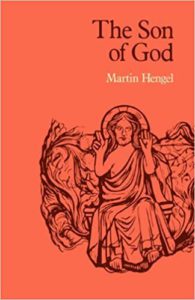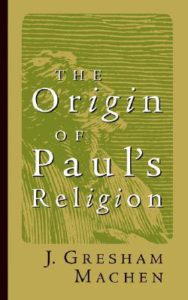
Our earlier discussion on the resurrected Christ as the life-giving Spirit leads us to consider how crucial the resurrection of Christ is in Pauline soteriology, seen especially in 1 Cor. 15. There is a debate over who Paul’s Corinthian opponents really were. /1/ Some suggest that they were those who because of Hellenistic philosophy denied the resurrection of the body or flesh and looked for a survival of the immortal soul beyond the grave. /2/ However, this view implies that Paul missed the point of his opponents and that he failed to argue why a disembodied survival is not an adequate hope.
William Dykstra observes that Paul responds to the denial of resurrection not with a simple logical argument but with a salvation-historical argument. For the Corinthians could still accept Christ’s resurrection and at the same time deny any future resurrection for others, Christ’s case being a unique one for them. As such, a good case can be made for arguing that the Corinthians were guilty of the error of over-realized eschatology, as it gives a more consistent reading of the rest of the epistle. /3/ Continue reading “The Resurrection of Christ in Pauline Theology. Part 3/3: Resurrection and Pauline Soteriology”


